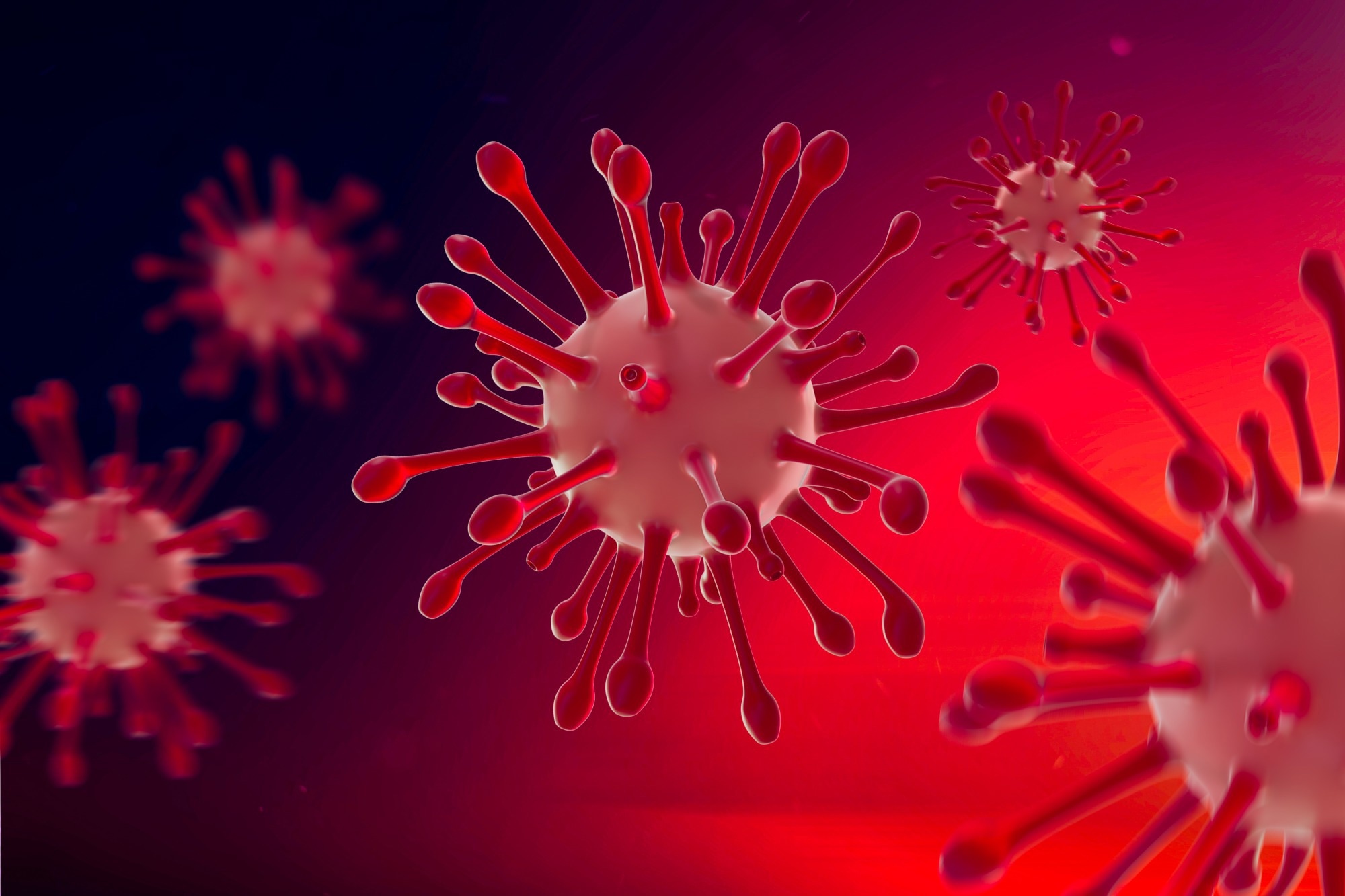A recent study published in JAMA Network Open explored the association of severe acute respiratory syndrome coronavirus 2 (SARS-CoV-2) infection with an increase in new-onset type 1 diabetes (T1D) incidences among coronavirus disease 2019 (COVID-19) patients 18 years old and younger.
 Study: Association of SARS-CoV-2 Infection With New-Onset Type 1 Diabetes Among Pediatric Patients From 2020 to 2021. Image Credit: MIA Studio/Shutterstock
Study: Association of SARS-CoV-2 Infection With New-Onset Type 1 Diabetes Among Pediatric Patients From 2020 to 2021. Image Credit: MIA Studio/Shutterstock
Background
A growing body of research suggests that COVID-19 can have long-lasting consequences on various organ systems. Studies have found evidence of tissue damage linked to complications in the pulmonary, cardiac, renal, nervous, and digestive systems after severe COVID-19 outcomes.
There has been a notable increase in T1D diagnoses after the COVID-19 pandemic. The United States (U.S.) Centers for Disease Control and Prevention (CDC) has suggested that pediatric COVID-19 patients have a higher probability of being diagnosed with diabetes after SARS-CoV-2 infection. However, the association of COVID-19 with T1D specifically has not been studied among pediatric patients.
About the study
In the present study, the researchers used the TriNetX Analytics Platform to obtain anonymous patients' health records from various demographic groups. The platform contains data from the Global Collaborative Network spanning 74 healthcare organizations from 50 U.S. states and 14 countries.
The study included patients 18 years old or younger, who were divided into two cohorts — 1) those who had a SARS-CoV-2 infection during the March 2020 – December 2021 period, and 2) those who did not have a SARS-CoV-2 infection but had a respiratory infection not related to SARS-CoV-2 during the same period. The cohorts were further divided into two groups, each with zero- to nine-year-old patients in one group and 10- to 18-year-old patients in the other.
SARS-CoV-2 status was confirmed based on International Classification of Diseases (ICD-10) diagnosis codes or positive lab tests, while T1D outcomes were defined based on ICD-10 codes. Hazard ratios were then used to compare new diagnoses of T1D with SARS-CoV-2 and other respiratory infections. The probability of clinical outcomes was calculated using Kaplan-Meier analysis.
The researchers added two additional cohorts for the sensitivity analysis. These cohorts included children who were never diagnosed with COVID-19 during the study period but had 1) broken bones or 2) routine health care system encounters. The cohorts were matched in a 1:1 ratio according to demographic factors and family history of diabetes.
Results
According to the findings, out of the 285,628 pediatric patients who had COVID-19, 123 had new diagnoses of T1D in the six months following COVID-19 recovery. In comparison, only 72 out of the 285,628 patients with non-SARS-CoV-2 respiratory infections were diagnosed with T1D.
The hazard ratios for risk of T1D diagnoses were greater among pediatric patients with SARS-CoV-2-infections compared to those without, at one, three, and six months after infection. Similar trends were observed for the two other cohorts included in the study, with higher risks of T1D in children infected with SARS-CoV-2 compared to children with fractures or requiring routine health care visits.
The authors also discussed the study's limitations, including potential bias due to misclassification of type 1 and type 2 diabetes and the role of unidentified factors in the observed associations.
Conclusions
Overall, the study reported an increased risk of new-onset type 1 diabetes in patients 18 years old and younger following SARS-CoV-2 infections compared to demographically matched cohorts having non-SARS-CoV-2-related respiratory infections or other health concerns such as fractures or routine visits to the health care facilities.
The authors believe that the results indicate rising concerns about the long-term implications of SARS-CoV-2 infections, including autoimmune complications in younger COVID-19 patients. The findings highlight the need for better anti-viral treatment methods and vaccinations to prevent or limit COVID-19 outcomes in pediatric populations.